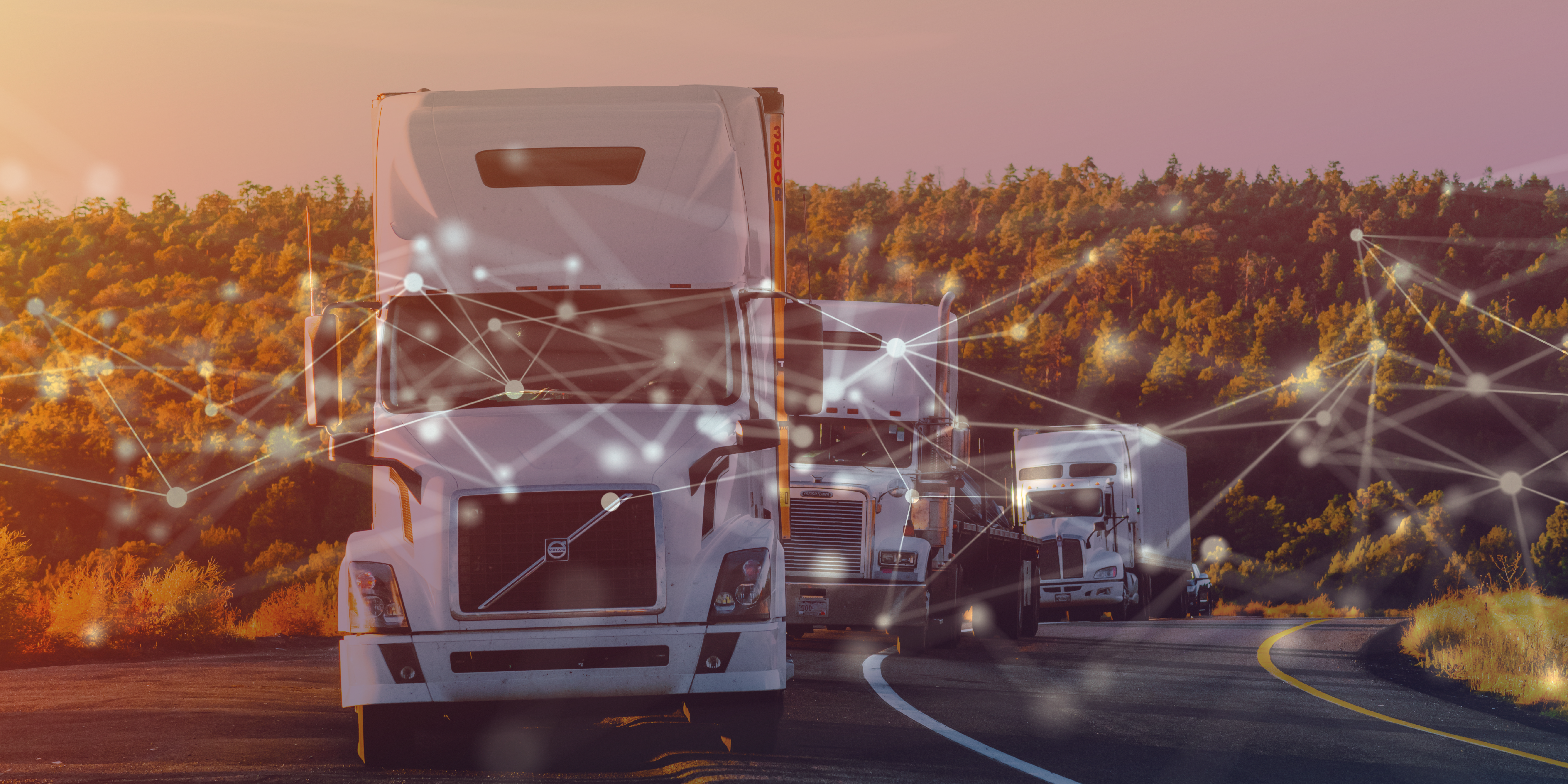Blockchain in Food Distribution: The Supply Chain

What is a “blockchain?”
Simply put, blockchain technology is a way to digitally record transactional information.
What sets blockchain apart from other recordkeeping tools is that each transaction is independently verified, cannot be changed, and is publicly accessible. Check out our plain-language explainer here if you want to dive in a little deeper.
Even without a complete understanding of how blockchain works, it’s easy enough to grasp the principles behind it to see its value to the world of business.
- Immutable: When you record a transaction on a blockchain, it becomes a part of the historical record. No one party can change or delete the information (on purpose or otherwise).
- Open-platform: No one owns the information on a blockchain. Except for private blockchains, all the information recorded there is available to the public.
- Trust-building: When two parties have access to transactional information, and neither can change it, it becomes a source of truth for both—taking human error and (god forbid) fraud out of the equation.
So even without getting into the nitty-gritty, you can see why such a system is beneficial to businesses across nearly every industry, not least of which is the industry that feeds the globe: the food supply chain.
Using Blockchain in the Food Supply Chain
The food supply chain is the process of producing food and beverage ingredients, processing them into products, transporting them from wherever they’re farmed or manufactured to warehouses or distribution centers, and then finally into stores for consumption.
Each link in that chain depends on the others to do their job. You might already see how a process with as much changing of hands as the food supply chain could use a transactional recordkeeper like the blockchain!
Agricultural applications
The first place (most) food starts is the farm. Farms themselves are an ecosystem of transactions—land, water, equipment, labor, and more. From a peer-reviewed article published by Frontiers.org, blockchain technology can help farmers in several ways.
With floods and droughts on the rise, it’s more important than ever for farmers to insure their land against aberrational weather events. Using blockchain tech like smart contracts, the insurance policy can be executed based on certain conditions (weather data and crop growth, for instance).
Reliable data is extremely important for farming. Data from processes like irrigation can be archived on the blockchain and made visible to stakeholders, which improves recordkeeping and decision-making.
Farms are also able to transparently broadcast information about their products, which can help build trust down the line with consumers, as well as guarantees of things like origin, quality, sustainable farming practices, and more.
Origin sourcing and chain of custody
Food is grown all over the world. When you purchase a piece of fruit from your local grocery store, it could have come from thousands of miles away and passed through any number of hands. Consumers are growingly increasingly interested in how products are sourced, so businesses are starting to use blockchain technology to demystify the origins of our food.
According to a 2019 report from SupplyShift.net, when a former food safety executive at Walmart tasked his team with tracking down the origin of a package of sliced mango, it took them nearly a week to come up with the answer! That kind of delay is certainly less than ideal when it comes to food safety issues that may arise.
To tackle the problem, Walmart partnered with IBM and Hyperledger to launch a tracking system, IBM Food Trust. IBM Food Trust uses the blockchain to provide a system of immutable traceability for food products like produce, meat, seafood, and agricultural commodities like coffee and cocoa.
Each time any given batched lot of product changes hands, the record is archived on the blockchain. All it takes to dig up the origin and history of that product is to search its lot number. Using blockchain technology, the process has gone from more than six days to less than six seconds!
Blockchain for food distribution
It’s the job of food distributors to take a market-ready product from the producer and deliver it to warehouses or stores for purchase. Every distributor handles that task somewhat differently, but some have started to see the value in taking a tech-forward approach to the business.
Like farmers storing data about conditions such as irrigation or plant growth on the blockchain, food distributors can store information about the whereabouts of their trucks, the temperature or humidity level of their storage facilities, and the quantity of a given delivery on the blockchain.
Recording these details in a place where customers can access them builds trust between the parties involved and eliminates the possibility of human error or obfuscation. When a buyer can be assured that their delivery of dairy was kept at food-safe temperatures for the duration of its travel, it engenders confidence with their distributor and their supplier, which is good news for all involved.
Buffalo Market on the blockchain
Buffalo Market is one food distributor that’s leading the way in providing its partners with previously unheard-of transparency. We’re currently outfitting 100 of our delivery trucks with sensors to track their location on GPS, as well as their temperature and humidity levels.
Using far-reaching wifi made possible by Helium LongFi technology, the data from these sensors will update to the blockchain in real-time. Buffalo Market’s suppliers and retail partners will know precisely when a delivery was made and under what conditions. This revolutionary transparency incentivizes truck drivers to make timely, well-cared-for deliveries and gives valuable insights if and when something goes awry.
As the leading distributor of mission-driven food and beverage products, Buffalo Market stays on the cutting edge of innovation to provide the best possible service and relationship with our partners. To learn more about how Buffalo Market can help with your distribution, contact us today.
See an interview between Buffalo Market co-founder Sean Howell and Helium's Jacob Swinn here.


